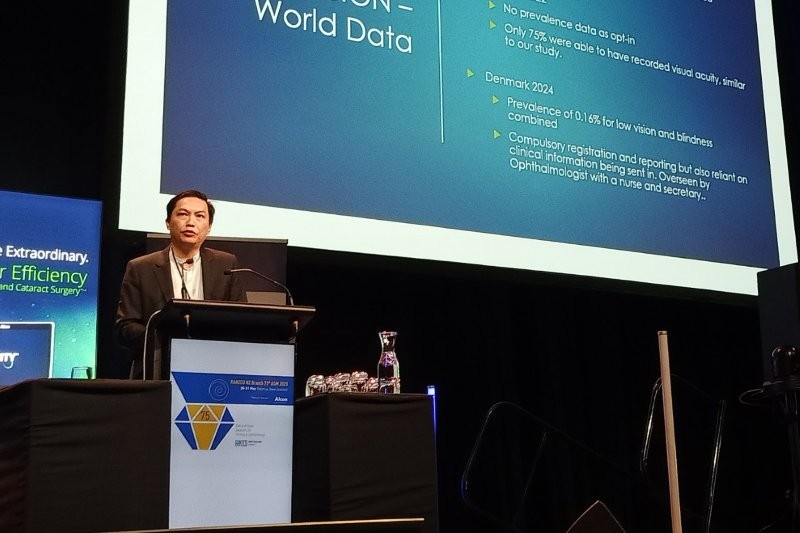Why culture and values matter
Your vision, purpose, values and culture guide and inspire your employees. Business owners usually have a strong sense of the behaviours and attitudes that are important to them, which they hope will permeate throughout their organisation. But setting up those qualities formally provides your employees a beacon to guide them to deliver their best contribution to your business. Pair this clear sense of purpose with a positive, supportive and highly productive working environment and you’ll have a winning formula that sees your team performing at optimum levels.
A sense of daily purpose
Having a vision for your team to collectively aspire to is vital in providing the shared drive to achieve. Although a vision is forward-looking and usually the brainchild of the founder of a business, as the business grows and develops in a constantly dynamic external environment, that vision can be influenced by input from senior team members. The purpose of the vision is usually built around providing exceptional products and services. For example, our purpose here at Positive People is to deliver high-impact HR solutions. That is what we set out to do every day.
Values regulate relationships
Using these values as a starting point, it’s wise to involve employees in discussions around what the values mean to them in terms of actual behaviours and attitudes in their day-to-day working life. This brings the values to life, gives employees constructive input and allows for a realistic understanding of what it all means in practice. These values need to be frequently referenced, especially by senior managers, and communicated in all your employment documentation, as well as on all applicable company documents.
The key to having a set of values that has a positive influence on your team is that they are tangible and actually mean something important in the business – a bunch of fancy words alone is basically worthless. An ignored set of statements on the walls, or the business being inconsistent with them, renders them irrelevant and counterproductive. Organisations that have slipped into this state usually experience people problems, since there is no moral compass to guide employees, especially when the going gets tough.
The resultant culture
Culture is a massive determinant of organisational success. People increasingly want to work in an organisation that not only aligns with the way they see the world, but that they also find satisfying and are proud to be part of. While senior managers may lead the way and set the scene, in the end it’s the behaviour of the whole team that creates the organisational environment that we call culture.

Alan Pettersen is founder and director of Positive People HR Consultancy, a firm with over 25 years’ HR experience guiding and supporting businesses. If you need assistance with anything HR related, please contact Alan on 021 1845 661 or alan@positivepeople.co.nz. Watch the Positive People video at www.positivepeople.co.nz and see how Positive People can help.


























